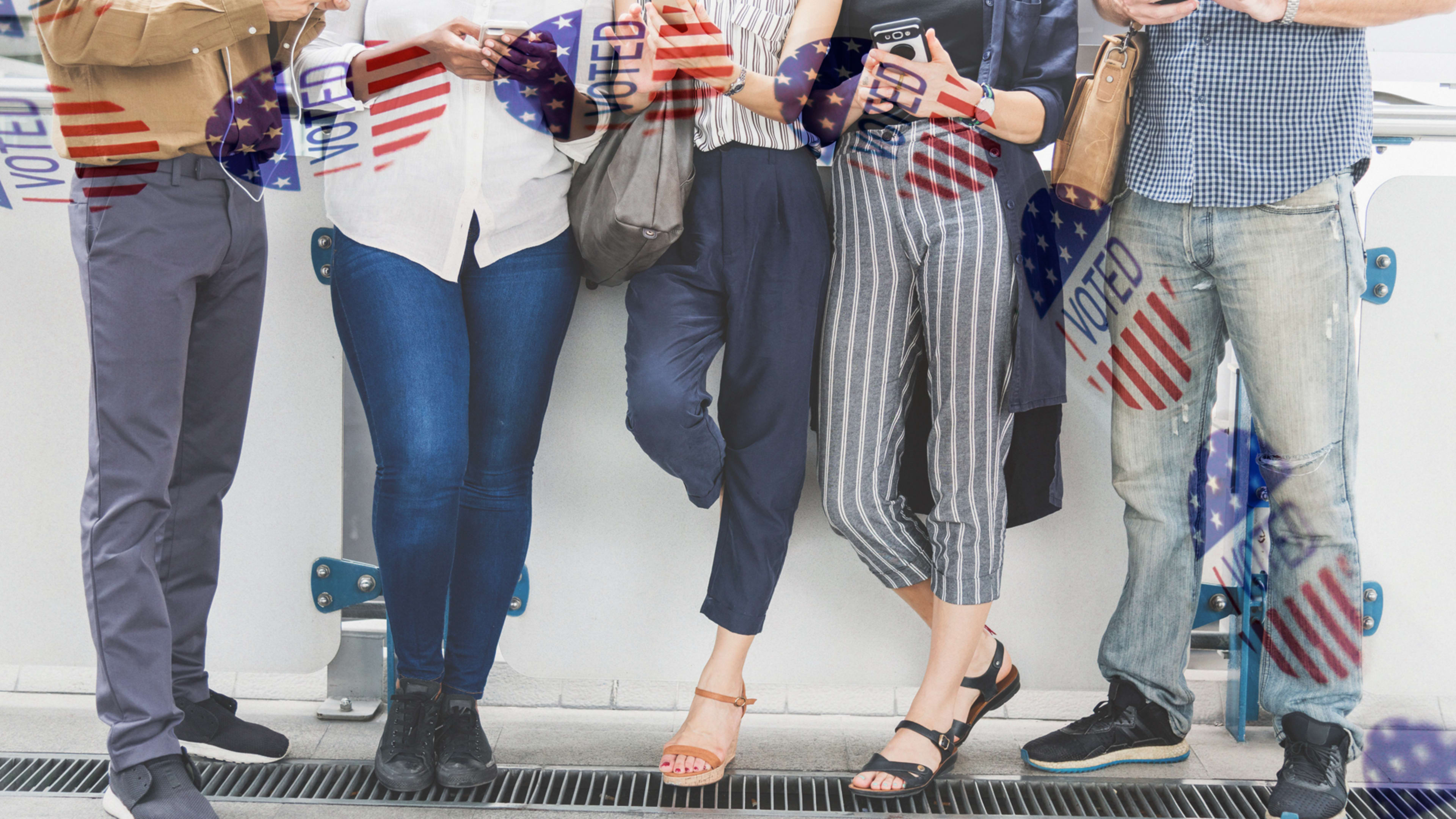If tech investor and lobbyist Bradley Tusk gets his way, you might be able to vote in an upcoming election from the comfort of your own home.
Tusk, perhaps best known for his work helping Uber battle taxi regulators in cities around the country, sees smartphone-based voting as a cure for the lackluster turnout that has long plagued U.S. elections. Voter turnout in the contentious 2016 election was just below 56%, low by the standards of industrialized Western nations, and turnout is usually even lower in non-presidential elections, such as this year’s highly anticipated midterms.
“If you can remove as many barriers and hurdles as possible, you’re just going to make a lot more people able to participate,” says Tusk, author of the recent memoir The Fixer: My Adventures Saving Startups from Death by Politics.
Having few people show up at the polls means politicians are incentivized to cater to the segment of the population that does vote—which Tusk believes is a more polarized group, including elements on both the left and right, than the country at large. “The vast, vast majority of Americans favor an assault weapons ban, but our political system makes it impossible to actually pass one,” he says, to cite an example.
But voting and computer security experts warn that phones, networks, and the servers that would receive and count digital ballots just aren’t secure enough to guarantee hack-free mobile voting.
“None of the cybersecurity experts that we work with that work on this issue believe that can be secure,” says Marian Schneider, president of the nonprofit Verified Voting.
But that hasn’t stopped some pilot programs in electronic voting from getting off the ground. At least 100,000 ballots were cast online in 2016, according to a recent report from Common Cause, the libertarian-leaning R Street Institute, the National Election Defense Coalition, and the Association for Computing Machinery’s U.S. Technology Policy Committee. Some states allow ballots to be uploaded to an online voting portal, and others allow absentee ballots to be submitted by email or fax.
This year, in a pilot program backed by Tusk, the state of West Virginia is allowing some overseas service members to cast their ballots using their phones. The state has said it expects between 200 and 400 people to vote using an app from Boston voting tech startup Voatz. The app verifies people’s identities using photos of their IDs and faces, then records votes to a blockchain. About 16 votes were reportedly cast in a two-county trial of the program in the May primary.
Blockchain is no magic bullet
The blockchain, a digital ledger similar to what’s used in cryptocurrencies, is key to mobile voting, Tusk says. Since a blockchain can be distributed across multiple computers and is designed to be resistant to tampering, it can help keep votes secure and provide a verifiable record similar to paper ballots, proponents argue. And once mobile voting becomes more commonplace, more voters are likely to call for it to be introduced in their jurisdictions, Tusk says.
“When you show people a much better way to do something that they much prefer, they demand it,” he says. “The reason we were able to mobilize millions of Uber customers to advocate for the company and smart ride-sharing regulations was because it was much better in their minds than taxis.”
Skeptics say blockchain technology alone won’t be enough to prevent digital ballot-box tampering. Even if the blockchain can securely store votes once they’re received by election agencies, there’s still a risk that they can be tampered with or blocked in transit or manipulated by malware on voters’ phones, they say.
“Blockchain is no magic bullet,” according to the recent report. “It fails to address many of the fundamental and universal security challenges inherent to online voting, such as voter authentication, client-side malware attacks, denial-of-service attacks, server penetrations, and disruption attacks.”
Even if the vote-counting system is distributed among multiple computers sharing access to a blockchain, it’s still conceivable that they could all be targeted with election-hacking malware, according to the report.
“Once the genie’s out of the bottle . . .”
To Tusk, critics of digital voting are underestimating the risk to democracy of citizens simply not voting.
“If you don’t fit the underlying problem—the fact that no one votes in the first place—that’s far riskier for the system long-term than the potential for someone to figure out a way to hack blockchain, which so far no one ever has,” he says.
Tusk has been in talks with other states about digital voting trials and says he hopes to see the system tested for Colorado municipal elections next year. He says he’s not wedded to any particular implementation or tech provider, and hopes to see multiple companies and potentially government agencies developing mobile voting tools. And once voters get a taste of them, he thinks they won’t want to go back to lining up to vote in the local high school gym.
“Once the genie’s out of the bottle, it’s very hard to put it back in,” he says.
Recognize your brand’s excellence by applying to this year’s Brands That Matter Awards before the early-rate deadline, May 3.
